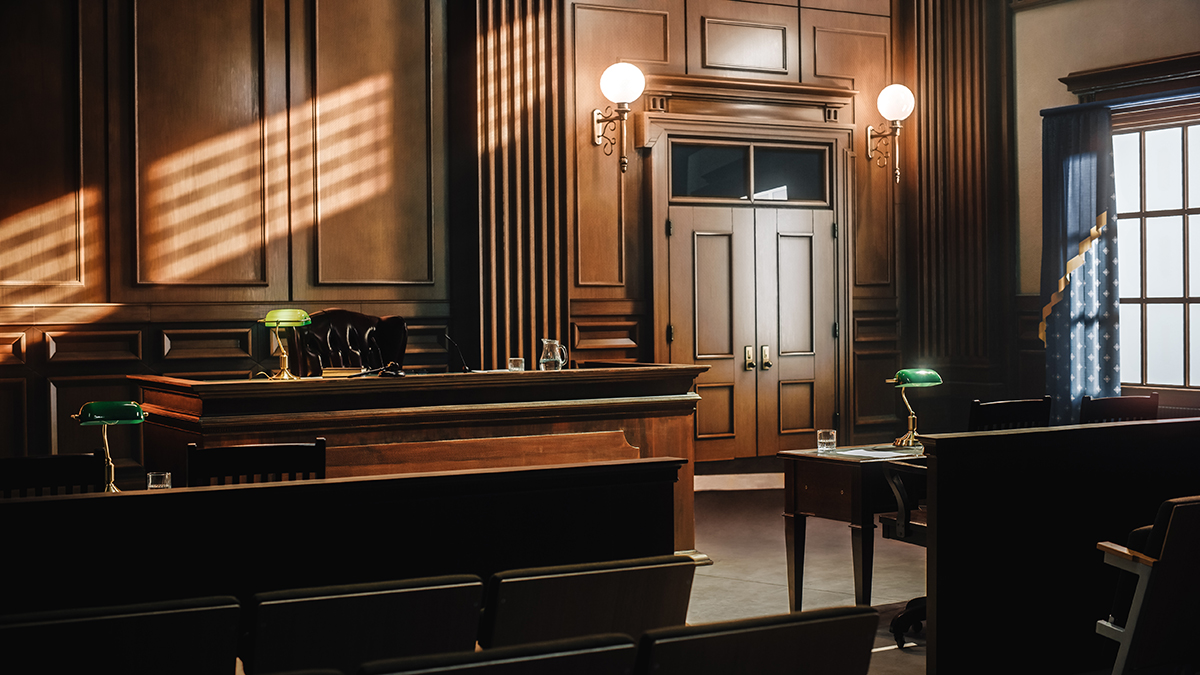Crime as Character Evidence

How is evidence of a so-called white collar crime relevant to determining whether someone us guilty of an unrelated murder? The trial judge in the South Carolina murder trial of Alex Murdaugh provided a roadmap.
Murdaugh was on trial for the murder of his wife and son in June 2021. However, a significant portion of the testimony concerned Murdaugh’s alleged financial crimes. Jurors heard days of testimony about Murdaugh, a former personal injury attorney, stealing settlement funds from clients and his former law firm. Prosecutors argued that Murdaugh’s financial crimes were coming to light and, to garner sympathy and give him time to cover them up, Murdaugh killed his wife and son. The defense, on the other hand, argued that the prosecution wanted to use evidence of Murdaugh’s financial to smear Murdaugh in front of the jury because of the lack of evidence of the murders.
Evidence of a crime or misconduct that is not directly related to the trial is commonly referred to as character evidence. Ordinarily, character evidence is not admissible to show that because a person tends to act in a particular manner, they must have acted in accordance with that tendency on the occasion in question. Under certain exceptions, however, a court will allow character evidence to be presented. In this case, the judge ruled that evidence of Murdaugh’s tendency for financial misconduct was admissible, even though it was not directly related to the murder charges.
The judge’s ruling came after the court heard testimony of several witnesses, including Murdaugh’s former colleagues, outside the presence of the jury about Murdaugh’s financial misconduct. This testimony was prompted by the defense asking a witness, in front of the jury, why Murdaugh would want to kill his wife and son. The judge determined that “the jury is entitled to consider whether the apparent desperation of Mr. Murdaugh because of his dire financial situation and threat of being exposed for committing the crimes of which he was later charged with resulted in the commission of the [murder].” Because the court found that Murdaugh’s financial crimes and misconduct were “so intimately connected” with the prosecution’s theory of his motive for murder, the court ruled “that proof of it is essential to complete the story.”
Although the defense argued that Murdaugh’s financial crimes had nothing to do with the murder of his wife and son, and there were no allegations of financial misconduct against his wife and son, Murdaugh’s financial crimes became a focus of the murder trial. Ultimately, after a six-week long trial, a jury deliberated for less than three hours before it found Murdaugh guilty of murder. Thereafter, the court sentenced Murdaugh to life in prison without the possibility of parole. Murdaugh still faces at least 99 additional charges for alleged financial crimes, including money laundering, embezzlement, and tax evasion.
While it may seem like a prior conviction or some allegation of misconduct may be completely unrelated to the case at issue, under the correct circumstances, it can be used as evidence. As construction and employment attorneys, we routinely ask our clients about charges, indictments, convictions and allegations of so-called “crimes of moral turpitude”, such as fraud and theft. Not all clients want to be candid about prior transgressions, but as the Murdaugh case highlights, even if the client does not want to admit to the past, opposing counsel can discover them through other sources and use them to impeach the character of a key witness, including the client.
The attorneys in our Austin and Dallas offices have experience working with clients who are encountering both civil and criminal liability associated with their acts or omissions. We are available to answer any questions you may have at info@gstexlaw.com.
Legal Disclaimers
This blog is made available by Gerstle Snelson, LLP for educational purposes and to provide general information about the law, only. Neither this document nor the information contained in it is intended to constitute legal advice on any specific matter or of a general nature. Use of the blog does not create an attorney-client relationship with Gerstle Snelson, LLP where one does not already exist with the firm. This blog should not be used a substitute for competent legal advice from a licensed attorney.
©Gerstle Snelson, LLP 2023. All rights reserved. Any unauthorized reprint or use of this material is prohibited. No part of this blog may be reproduced or transmitted in any form or by any means, electronic or mechanical, including photocopying, recording, or by any information storage or retrieval system without the express written permission of Gerstle Snelson, LLP.

